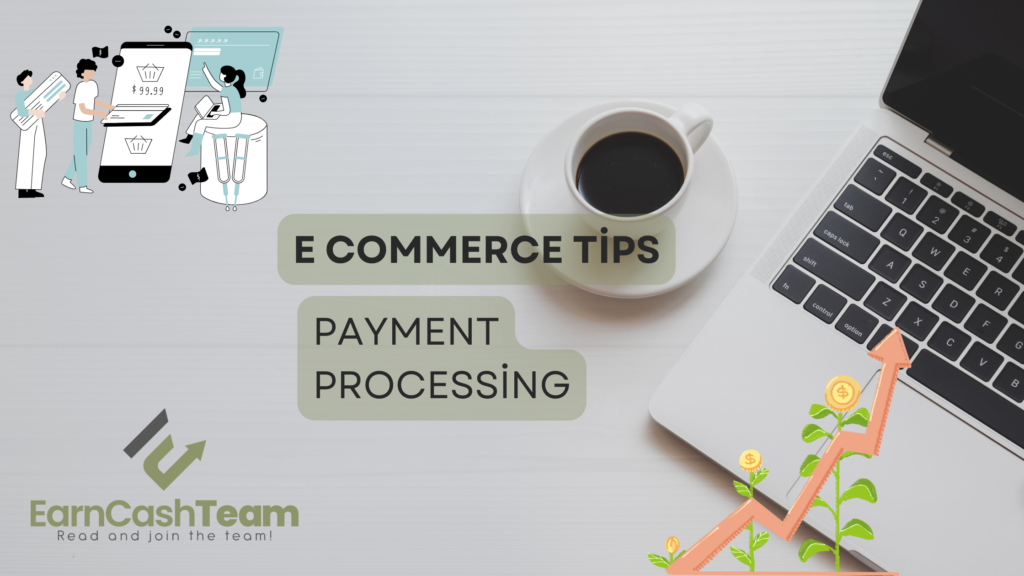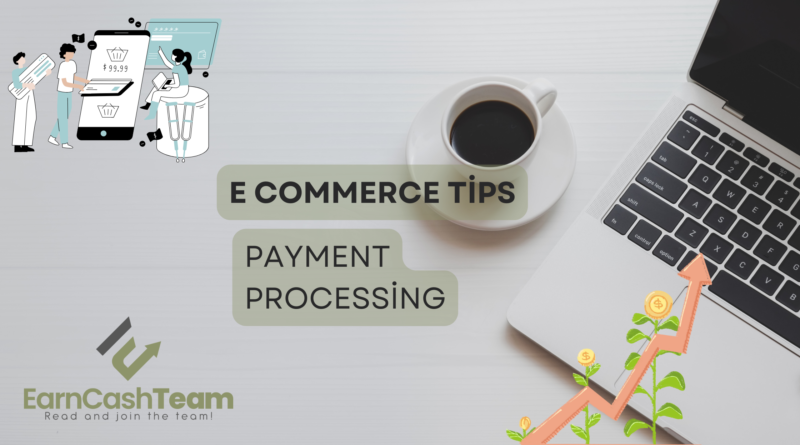What You Need to Know About Payment Processing on E-Commerce
To effectively launch an online store, it is crucial that a solid payment processing system be in place. Without one, customers won’t be able to purchase items on your site and you won’t receive payment for your products or services. Unfortunately, setting up your shop and starting selling are two separate processes with many considerations involved – these may include how your business accepts payments as well as its security processes.
Selecting the ideal ecommerce credit card processing provider or platform can be daunting, so we have provided this guide that provides all of the essential elements necessary for an informed decision about this type of card processing. You can check out other tips about e-commerce with us!

Payment Processing: The Process
When customers make purchases on your ecommerce website, they’ll fill out an embedded payment form on your checkout page with their payment details and send it encryptedly through a payment gateway to a payment processor. That processor then communicates with their bank to verify there are funds available and approve or deny payment based on what the bank says; once approved by them, funds are then transferred from customer bank account to merchant account on your site with order confirmation being provided back out again to shopper as proof.
Your business must provide its customers with multiple payment options so they can select one that best meets their needs, from traditional credit cards and mobile payment solutions such as Apple Pay, to ACH and buy-now/pay-later solutions like Klarna/Affirm. An effective ecommerce credit card processing solution should provide support for all of these so shoppers have peace of mind and are satisfied with your shopping experience.
As more consumers shop across borders, an excellent ecommerce credit card processing service should also be capable of supporting international transactions. This is particularly essential if your ecommerce operations include targeting customers in other countries or expanding globally in the future; look for providers offering multiple global payment options at reasonable fees and rates so that you can capitalize on this growing trend.
As long as a credit card processing service meets PCI (Payment Card Industry) compliance standards, it may be wise to opt for one. PCI compliance means being audited by a third-party auditor and adhering to specific rules regarding storage, transmission, and handling of consumer data.
Search for a credit card processing service that charges fair and transparent transaction fees. There may be some room for maneuvre with transaction fees; ask potential providers about cancelation and fee reduction policies when refunding purchases. Ultimately, look for an ecommerce credit card processing provider that allows for informed decisions when it comes to fees and pricing structures.




